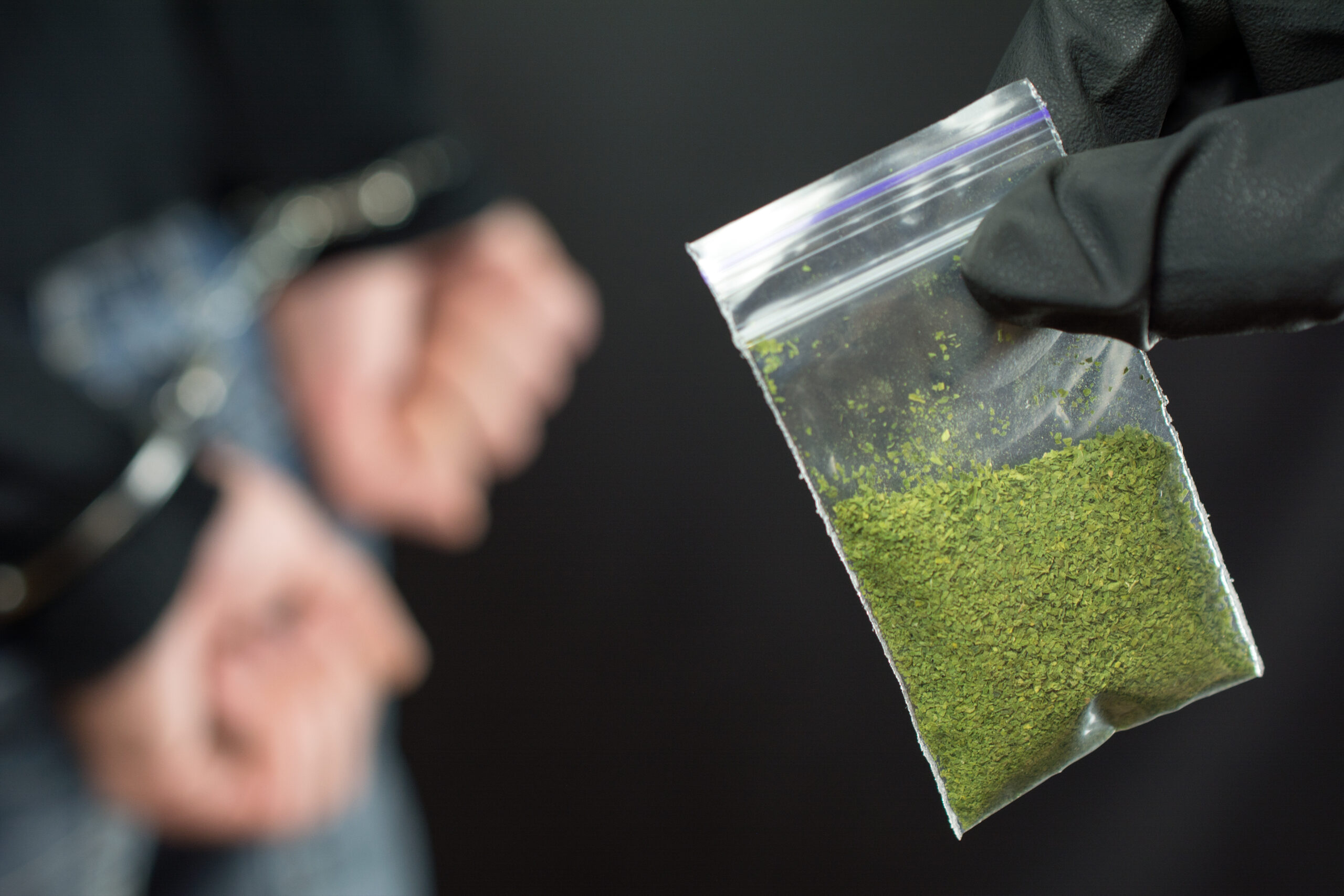Drug possession charges are a serious matter in New Jersey. If you are facing such charges, it’s crucial to retain a skilled Bergen County Drug Possession Defense Attorney who can help you understand potential defenses you can utilize, given the unique circumstances of your case.
What Are the Penalties for Drug Possession Charges in NJ?
If you are charged with drug possession in New Jersey, it’s crucial to understand the potential penalties you can face upon a conviction. The penalties vary significantly depending on the substance, the quantity, the location of the offense, and prior convictions. The following includes the penalties for some of the most common drug offenses:
- Marijuana: Possession of over 6 ounces is a fourth-degree offense, punishable by up to 18 months of imprisonment and a fine of up to $25,000. It should be noted that possession of marijuana up to 6 ounces is not considered a crime for adults 21 and older.
- Cocaine and Heroin: Possession of these substances is a third-degree crime for any amount under 0.5 ounces. This crime is punishable by 3 to 5 years in prison and a fine of up to $35,000.
- MDMA (ecstasy): Possession of any amount of MDMA is a third-degree crime, punishable by up to 5 years in state prison and a fine of up to $35,000.
- Illegal Prescription Drugs: A disorderly persons offense if you are in possession of 4 or fewer pills, punishable by up to six months in jail and a fine of up to $1,000. A fourth-degree crime for possession of 5 or more pills, with penalties including up to 18 months of imprisonment.
What Defenses Are Available?
While confronting drug possession charges can feel like an insurmountable challenge, it’s imperative to understand that various legal defenses can be strategically utilized. The specific defense strategy will depend on the unique circumstances of each case.
One common defense tactic involves questioning the definition of “possession.” Legal possession doesn’t always mean physical possession. For instance, if drugs are discovered in a shared area, an attorney may contend that the defendant was unaware of their existence or that they belonged to another person. This is known as a “lack of knowledge” defense. Likewise, if drugs are found in a vehicle occupied by multiple individuals, it can be argued that the accused didn’t have control over the illegal substance.
Another powerful defense strategy involves scrutinizing the actions of law enforcement. If law enforcement conducts an illegal search and seizure, meaning they did not have probable cause or a valid warrant, any evidence obtained as a result of the unconstitutional act may be deemed inadmissible in court. An attorney will investigate whether your constitutional rights were violated and file a motion to suppress any illegally obtained evidence.
Although not a direct defense against a charge of drug possession, an attorney may investigate opportunities for alternative sentencing programs. These programs often prioritize rehabilitation over incarceration and can represent a beneficial outcome for those facing a first offense or those with a history of addiction. The overarching objective is to construct a comprehensive defense that safeguards the defendant’s rights and achieves the most advantageous result attainable.
For more information, please don’t hesitate to contact an attorney at The Law Offices of Carl Spector.
